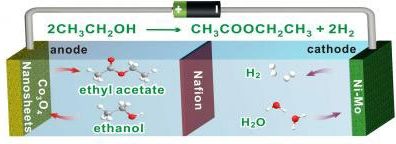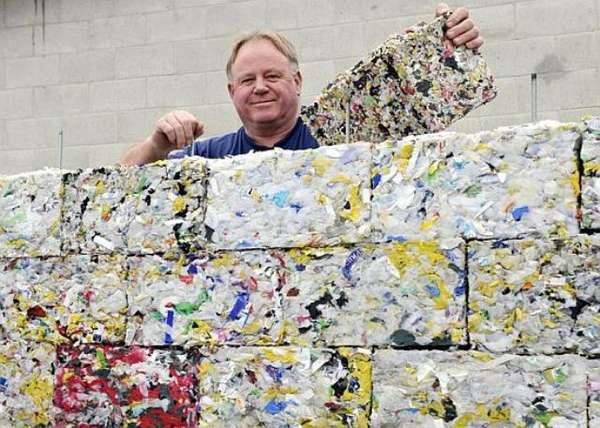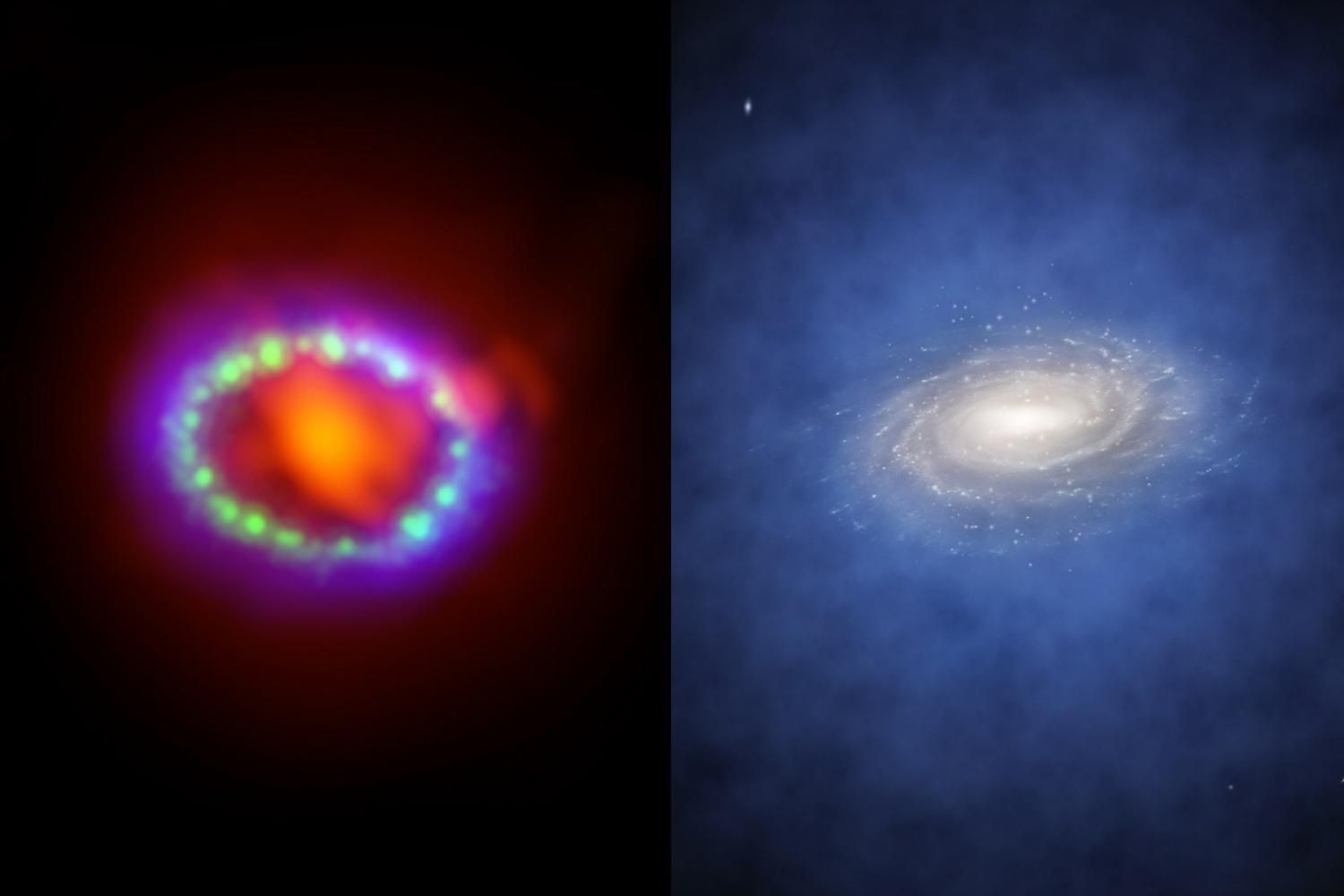Page 10950
Hydrogen is widely regarded as a promising and clean alternative energy source. The traditional source of hydrogen (H2) for fuel cell use is water, which is split into H2 and oxygen (O2). But O2 is a low-value product.
So, this week in ACS Central Science (“Electrochemical Partial Reforming of Ethanol into Ethyl Acetate Using Ultrathin Co3O4 Nanosheets as a Highly Selective Anode Catalyst”), researchers report a new approach and a new catalyst that can produce not just hydrogen but also valuable chemicals, including the most common ingredient in nail polish.

Continue reading “Making nail polish while powering fuel cells” »
Aug 3, 2016
Saudis look to Chinese 3D printing company to tackle housing shortage
Posted by Karen Hurst in categories: 3D printing, government, habitats
China’s big win.
Last week a team from Chinese 3D printing construction company WinSun visited Saudi Arabia, meeting with department of housing official and others to discuss the kingdom’s housing shortfall.
According to 3ders.com and others, the Chinese firm’s chairman and vice president met officials from the housing department and investment authority, and were told the Saudi government believes WinSun’s technology could help meet a shortage in available housing. WinSun was invited to open a Saudi factory.
Continue reading “Saudis look to Chinese 3D printing company to tackle housing shortage” »
Aug 3, 2016
Gravitational Waves to Crack Neutron Star Mystery
Posted by Karen Hurst in category: physics
As gravitational wave observatories become more sensitive, we may see the collisions of neutron stars and, possibly, find out what these stellar husks are really made of.
Aug 3, 2016
Ocean observation nano satellite in the making
Posted by Karen Hurst in categories: education, satellites
Nice.
Summary: “Nano satellite missions are low-cost and can do multiple jobs with a greater degree of accuracy. “It will be an advanced nano satellite weighing about one kg designed for a specific task of conducting oceanographic studies. S Satheesh Chandra Shenoi, Director, Indian National Centre for Ocean Information Services (INCOIS) and National Institute of Ocean Technology, said it’s good that educational institutions are venturing into space programmes. Close on the heels of the successful launch of SATHYABAMASAT, which the students of Sathyabama University worked on since 2009 to monitor the greenhouse gas concentration in the atmosphere, the Academy of Maritime Education and Training (AMET) is working on an ocean observation “AMETSAT — Nano Satellite Project” with the national space agency. Also, the incidences of aircrafts such as the Indian Air Force AN-32 going missing leaving no clues warrant more ocean observation satellites, though with little larger life span, unlike nano satellites which usually have a life space of 6 months, another AMET faculty member said.
CHENNAI: With the Indian Space Research Organisation (ISRO) opening its arms to educational institutions and private industry to participate in space exploration missions, there is a renewed enthusiasm among researchers and student community. Close on the heels of the successful launch of SATHYABAMASAT, which the students of Sathyabama University worked on since 2009 to monitor the greenhouse gas concentration in the atmosphere, the Academy of Maritime Education and Training (AMET) is working on an ocean observation “AMETSAT — Nano Satellite Project” with the national space agency. G Thiruvasagam, Vice-Chancellor, AMET, made the announcement during the sixth convocation held here on Wednesday. The deemed university has also bagged a project on “Marine Exploration of Submerged Poompuhar and Dwarka”. N Manoharan, Director, Research of AMET, told Express on the sidelines of the convocation that the project was in an early stage.
Continue reading “Ocean observation nano satellite in the making” »
Aug 3, 2016
New Disney Technology Takes 3D-Printing Up A Notch
Posted by Lily Graca in category: 3D printing
Aug 3, 2016
Scientists are one step closer to understanding nuclear fusion power
Posted by Sean Brazell in categories: nuclear energy, physics
Researchers have developed a new way to explore some of the most extreme environments in the universe by combining three separate branches of physics.
Aug 3, 2016
One man turned his Tesla into a giant ‘Pokémon GO’ machine
Posted by Shailesh Prasad in categories: cybercrime/malcode, sustainability, transportation
We don’t recommend playing “Pokémon GO” while driving, but we have to admit this Tesla hack is cool in theory.
Aug 3, 2016
Elusive neutrinos and hypothetical ‘dark sector’ particles could hold answers to cosmic mysteries
Posted by Andreas Matt in categories: cosmology, particle physics
All material things appear to be made of elementary particles that are held together by fundamental forces. But what are their exact properties? How do they affect how our universe looks and changes? And are there particles and forces that we don’t know of yet?
Questions with cosmic implications like these drive many of the scientific efforts at the Department of Energy’s SLAC National Accelerator Laboratory. Three distinguished particle physicists have joined the lab over the past months to pursue research on two particularly mysterious forms of matter: neutrinos and dark matter.
Neutrinos, which are abundantly produced in nuclear reactions, are among the most common types of particles in the universe. Although they were discovered 60 years ago, their basic properties puzzle scientists to this date.















